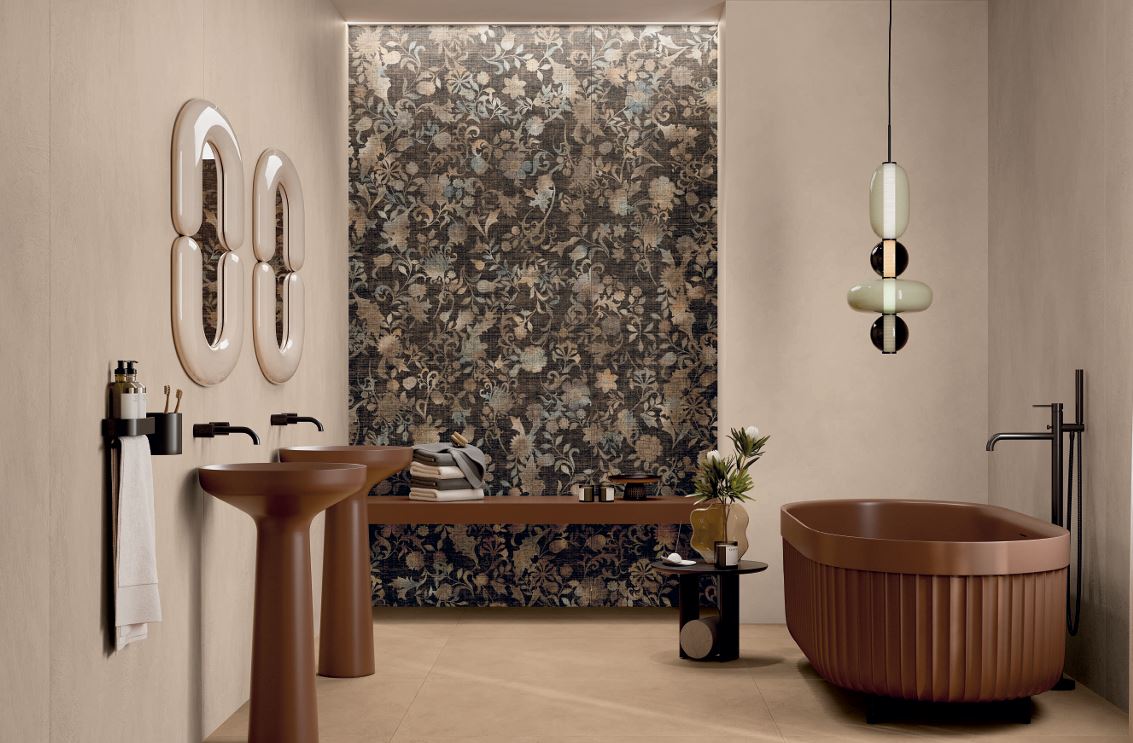
Do you want your bathroom to feel high-end, hotel-luxurious?
Are you wondering if floor-to-ceiling tiling is worth the cost and effort or just a bit much?
You’re not the only one. Homeowners all over New Zealand ask this same question during renovations.
The short answer: yes, floor-to-ceiling tiling can look incredible and offer unbeatable waterproofing. But it’s not always the right choice for every budget, space, or style. Let’s look at the real pros and cons so you can decide whether it’s the right move for your bathroom.
Maximum water protection
Tiling right up to the ceiling seals your bathroom against moisture damage, especially in shower areas. You avoid peeling paint and mouldy plasterboard, and you end up with surfaces that are easy to keep clean.
Luxury, Spa-like style
This style often called “tile drenching” is popular in modern European design. Using large-format Italian porcelain tiles gives you clean lines and a seamless look that’s timeless but still feels current.
Makes the room feel bigger
Removing paint breaks and reducing grout lines helps your bathroom appear taller and more open. Porcelain reflects light, enhancing the feeling of space particularly in smaller rooms.
Durable and low maintenance
Italian porcelain tiles are built to last, stain-resistant, and easy to maintain. While grout (especially in lighter shades) may need sealing now and then, the trade-off is long-term durability.
Higher cost
Full-height tiling generally costs 30–50% more than mid-height. You’re paying for more tiles, extra labour, and often adjustments to ceilings or removal of cornices.
Cleaning challenges
Tiles high up or on the ceiling collect dust and condensation, especially without good ventilation. This can make them harder to clean and may leave water marks over time.
Make the most of natural light
If your bathroom is small or windowless, light-coloured large-format tiles will help bounce light around the space.
Pick the right size and layout
Tiles over 600mm mean fewer grout lines. With the 1200mm you can do a 2,4m wall with just one grout line. Installed vertically to emphasise height.
Use the right tile in the right place
Wall tiles are lighter and thinner. Floor tiles ideally have a slip resistance rating of R10 or above. Don’t put wall tiles on the floor, it’s unsafe for yourself and for the compromise the durability of the tiles.
Get waterproofing right
If you’re tiling above the shower, make sure waterproofing extends to the ceiling or that a membrane is used behind the tiles.
Stretching the budget
If you love the look but not the price, tile the floor and wet zones only, or stop at 1200mm and paint the rest with moisture-resistant paint.
Lighting and ventilation
Full-height tiling changes how light reflects. Use softer, indirect lighting to keep the space inviting, and ensure your extractor fan can handle the humidity.
Pro Tips:
Alternatives:
Full height tiling is a statement, beautiful, durable, and practical when done right. But it’s not the only way to achieve a stylish, waterproof bathroom.
If you’re planning a renovation, think about where you truly need protection and where you can save. Start by assessing your tile choice, light, ventilation, and how the space will be used.
At Naturally Tiles, we help Christchurch homeowners design bathrooms that feel luxurious and work for the long haul without overspending or overcomplicating the build.
Use our FREE Tile Price Guide tool to get a clear estimate before you start.






Are you ready to start your project? Use our tile pricing estimate to get you started! Click the link below.
Get STARTED